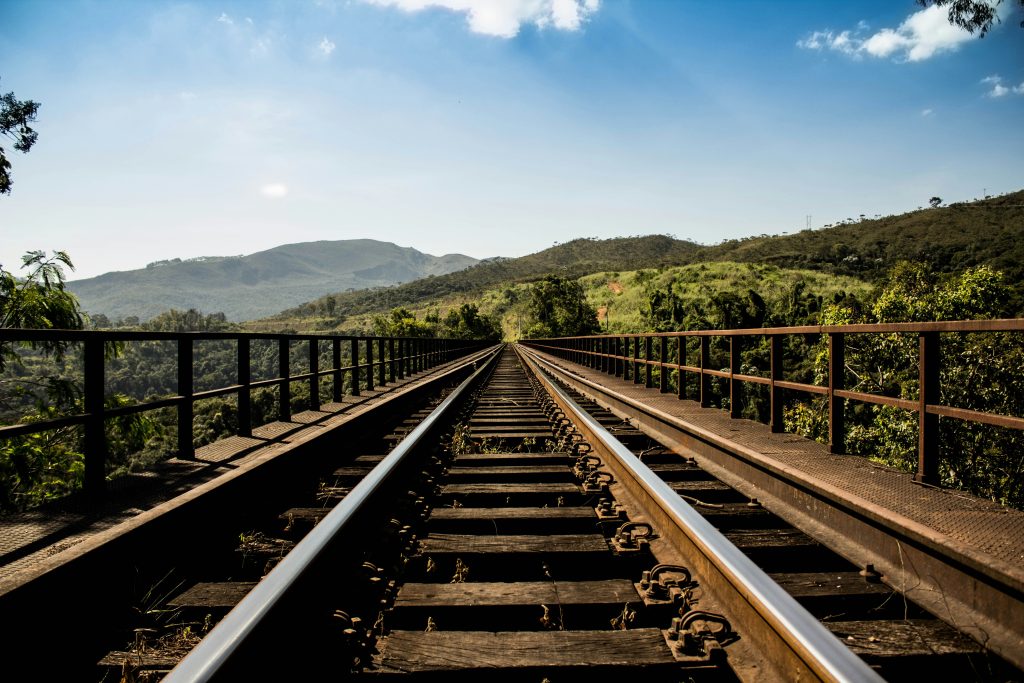The Jakarta-Surabaya high-speed rail project is set to revolutionize travel across Indonesia’s most densely populated island, Java. This groundbreaking initiative will significantly cut travel time between the two major cities, reducing it to just 4 hours. In contrast, the current journey takes between 10 to 12 hours. By achieving speeds of 160 km/h, this rail project will offer a faster and more efficient alternative to travel.
Enhancing Regional Connectivity and Effectivity
The high-speed rail will serve as a vital transportation link, connecting major cities such as Cirebon, Semarang, Yogyakarta, Solo, and Surabaya. Each of these cities plays a crucial role in Java’s economy. Improved connectivity will not only make travel more convenient but will also stimulate regional economic activity. Businesses will benefit from quicker transport and tourists will enjoy easier access to various attractions across the island.
Competitive Pricing and Construction Timeline
This project aims to offer affordable travel options, making it a viable alternative to air travel and long-distance buses. This pricing strategy is expected to attract a broad range of passengers, from daily commuters to occasional travelers. The high-speed rail project will be financed through a Public-Private Partnership (PPP) model. This approach involves significant investment from both domestic and international stakeholders. Due to the substantial capital required, the government has secured support from foreign investors to help fund the project. Construction is on the progress and predicted will be complete by 2025.
Environmental Benefits and Economic Impact
The high-speed rail will contribute to environmental sustainability by reducing the number of vehicles on the road. This shift will lower carbon emissions and support Indonesia’s goals for a greener transport system. Additionally, the rail project is poised to have a positive economic impact. It will boost local industries, create jobs, and improve Indonesia’s standing as a modern transport hub in the region.
A New Era in Indonesian Transportation
The Jakarta-Surabaya high-speed rail represents a significant advancement in Indonesia’s transportation infrastructure. By providing a faster, more efficient, and environmentally friendly alternative, the rail system will enhance connectivity across Java. It promises to transform travel patterns, stimulate economic growth, and offer competitive travel options. As the project progresses, it will set a new standard for modern transportation in Indonesia and further integrate the nation’s bustling urban centers.




